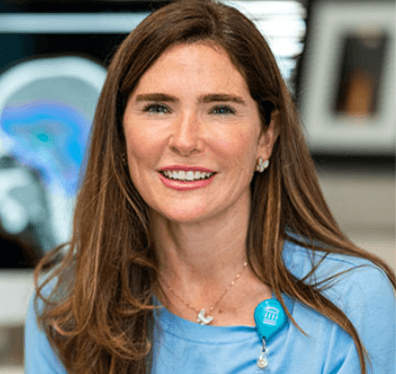A medical doctor is suing New Jersey in federal court over its laws that limit telehealth services and prevent patients from accessing specialty cancer care that their local doctors lack the expertise to treat.
Telehealth—also known as telemedicine, which has become increasingly popular in recent years—is the provision of healthcare remotely by way of electronic information and telecommunication technologies.





